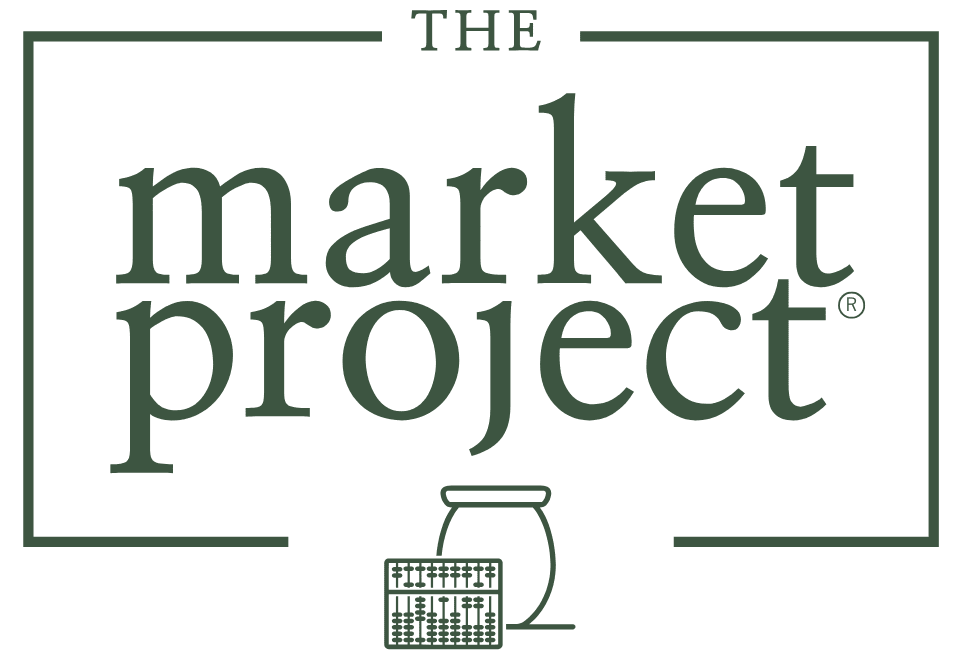The Role of Leadership in Promoting Trauma Healing

In today’s complex workplace environments, leadership goes beyond managing tasks and driving business goals. At The Market Project, we believe that leadership is pivotal in fostering a culture of healing, especially for those who have experienced profound trauma. Our mission is clear: to build sustainable businesses and create workplaces that are transformative and dignity-affirming for survivors of complex trauma. But how do leaders play a role in this mission? The answer lies in the way they drive trauma-informed practices within their organizations.
Understanding the Importance of Trauma-Informed Leadership
Trauma can have lasting effects on an individual’s physical, emotional and psychological well-being. For survivors, the workplace can either be a place of further harm or a place of healing. This is where leadership becomes essential. Leaders at our businesses who understand trauma and its impacts can implement practices that not only accommodate survivors but actively promote their healing.
In 2022, our semi-annual impact evaluation survey at Nguvu Dairy revealed that 92% of employees had high exposure to trauma. This staggering statistic underscored the necessity of trauma-informed leadership at our businesses. Leaders are trained to recognize the signs of trauma and are equipped with the tools to create a supportive and healing environment.
Driving Trauma-Informed Practices
At The Market Project, our leadership team is at the forefront of implementing and advocating for trauma-informed practices. This involves:
- Creating Safe Spaces: Leaders must ensure that the workplace is a safe space where survivors can feel secure. This includes not only physical safety but also emotional and psychological safety. By fostering an environment of trust and openness, leaders can help survivors feel valued and understood.
- Providing Holistic Support: Our model emphasizes holistic trauma training and support. Leaders are responsible for integrating this support into the daily operations of the businesses we are building. This includes offering culturally-relevant trauma healing programs that equip employees to better relate to others and manage their own trauma.
- Mentorship and Guidance: Leadership at the businesses we build extends beyond traditional management. Our leaders mentor and guide teams, providing the ongoing training and support to ensure that trauma-informed practices are effectively implemented in the workplace. We partner with local experts to enhance the support provided to employees.
The Impact of Trauma-Informed Leadership
The role of leadership in promoting trauma healing is not just about implementing policies; it’s about creating a culture that prioritizes the well-being of all employees. At The Market Project, we continue to test our theory of change, integrating trauma-informed practices into our market-based businesses. This approach has few models to imitate, but our commitment to innovation and compassion drives us forward.
By prioritizing trauma-informed leadership, we are not only helping survivors heal but also building stronger, more resilient businesses. Leaders who embrace this responsibility are essential to the transformative work we do, helping to create workplaces where dignity and healing are at the forefront.
As we look to the future, The Market Project remains committed to empowering leaders who can champion trauma-informed practices, ensuring that our workplaces are not just places of work but sanctuaries of healing.
Stay up to date on our impact
Join our email newsletter to hear stories of our work.
